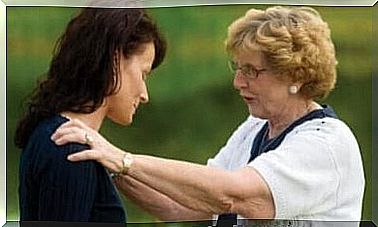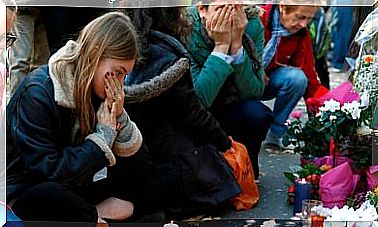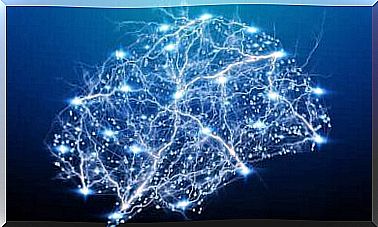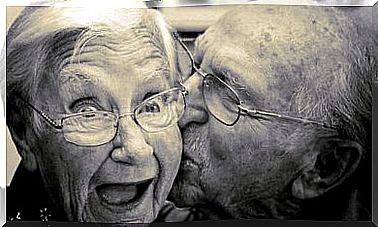Do We Have To Forgive Other People?

That person who has hurt you so badly, does he or she deserve forgiveness? You have probably asked yourself this at least once. Especially if the person who hurt you is someone close to you, it can be difficult to take a stand. Is it a must to forgive other people?
Is forgiveness the same as reconciliation?
Maybe we have made the decision to forgive to let go of the bitterness – a poison that does us no good – but that does not mean we have to go back to being friends as before, continue to be married or have dinner at each other’s homes, etc.
Forgiveness can in some cases lead to reconciliation; in other cases not. We can forgive people and then go our separate ways. Both paths open from the moment we make the decision and at the same time let go.
When we are deceived in one way or another, it is difficult to continue the relationship as if nothing had happened. Imagine that trust is like a crystal glass that falls to the floor and breaks into a thousand pieces. Can it be completely restored even if you glue the pieces together? Obviously not.
To heal ourselves by forgiving other people
Another reason to forgive is that it is the only way for us to heal ourselves and get rid of the pain. Miguel Ruiz writes in his book The Four Agreements that forgiveness is the only way to heal ourselves. You will feel that you have forgiven a person when you meet (or think about) him and do not get a negative emotional reaction.
When we forgive someone for their mistakes, we also forgive ourselves for our own mistakes. What does it mean? That when we give forgiveness, we free ourselves from pain as well as negative and toxic feelings that exist within us. And it has a great value in itself.
Remember this beautiful phrase about the consequences of not knowing how to forgive:
But it’s pointless to say ‘I forgive you’ without really meaning it. We must be aware and sincere when expressing these meaningful words.
The importance of time
How, when and why forgive? It depends entirely on ourselves and the individual experience. There are no rules or magic recipes that say “you should wait two weeks before forgiving an unfaithful partner” or the like.
Forgiveness does not happen overnight, but is rather a process that we go through as time goes on. We may think that we have already forgiven someone for what he did to us, but when we remember the disagreement or betrayal, we feel sad, cry, get angry, etc. This means that we have not fully forgiven them yet.
We can compare forgiveness with the scar over a wound we inflicted when we cut an apple. While the wound is healing, it hurts to touch or even touch it with clothes or other objects. When the skin has healed, the scar may have a lighter color, but if we run our finger over it, it does not hurt. We realize that we have truly forgiven when memory does not hurt us.
You will know if you have forgiven or if you still have to work to achieve this goal. In some cases, you just need time. There is no doubt that the passage of time is the best cure for broken hearts, at least sometimes.
Forgiving others is something personal
Whether or not we should forgive is a personal decision. This decision will affect your life, whether it concerns the present or the future.
It is true that some betrayals are harder to forgive than others. However, we should remember that we are not perfect beings and that we all make mistakes. We do not justify the fact that a person has deceived us. We are just a little less strict or harsh towards the person, who certainly feels bad about what he has done.
We should remember that forgiveness does not only benefit the other person. It also benefits ourselves because we release a heavy and dangerous burden that damages our hearts.
Forgive more often and you will feel much easier!








